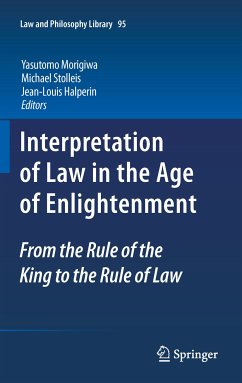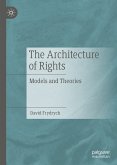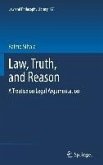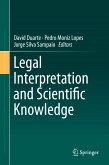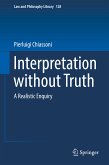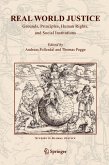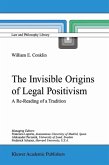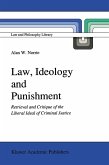This book examines the actual practice of the interpretation of law in the Age of Enlightenment versus the ideology of the Age and explains the reason for and difference between the two. The ideology of the Age of Enlightenment was that law, i.e., the will of the sovereign, can be explicitly and appropriately stated, thus making interpretation redundant. However, the reality was that in the 18th century, there was no one leading source of national law that would be the object of interpretation. Instead, there was a plurality of sources of law: the Roman Law, local customary law, and the royal ordinance. Yet, in deciding a case in a court of law, the law must speak with one voice, making interpretation to unify the norms inevitable. This book discusses the process involved and the role played by justification in terms of reason - the hallmark of Enlightenment.
Dieser Download kann aus rechtlichen Gründen nur mit Rechnungsadresse in A, B, BG, CY, CZ, D, DK, EW, E, FIN, F, GR, HR, H, IRL, I, LT, L, LR, M, NL, PL, P, R, S, SLO, SK ausgeliefert werden.

